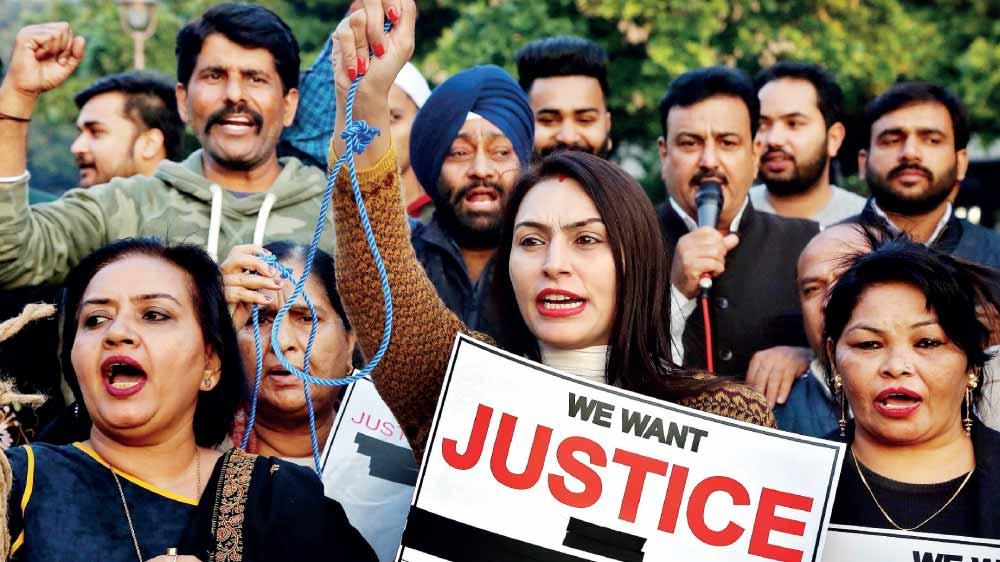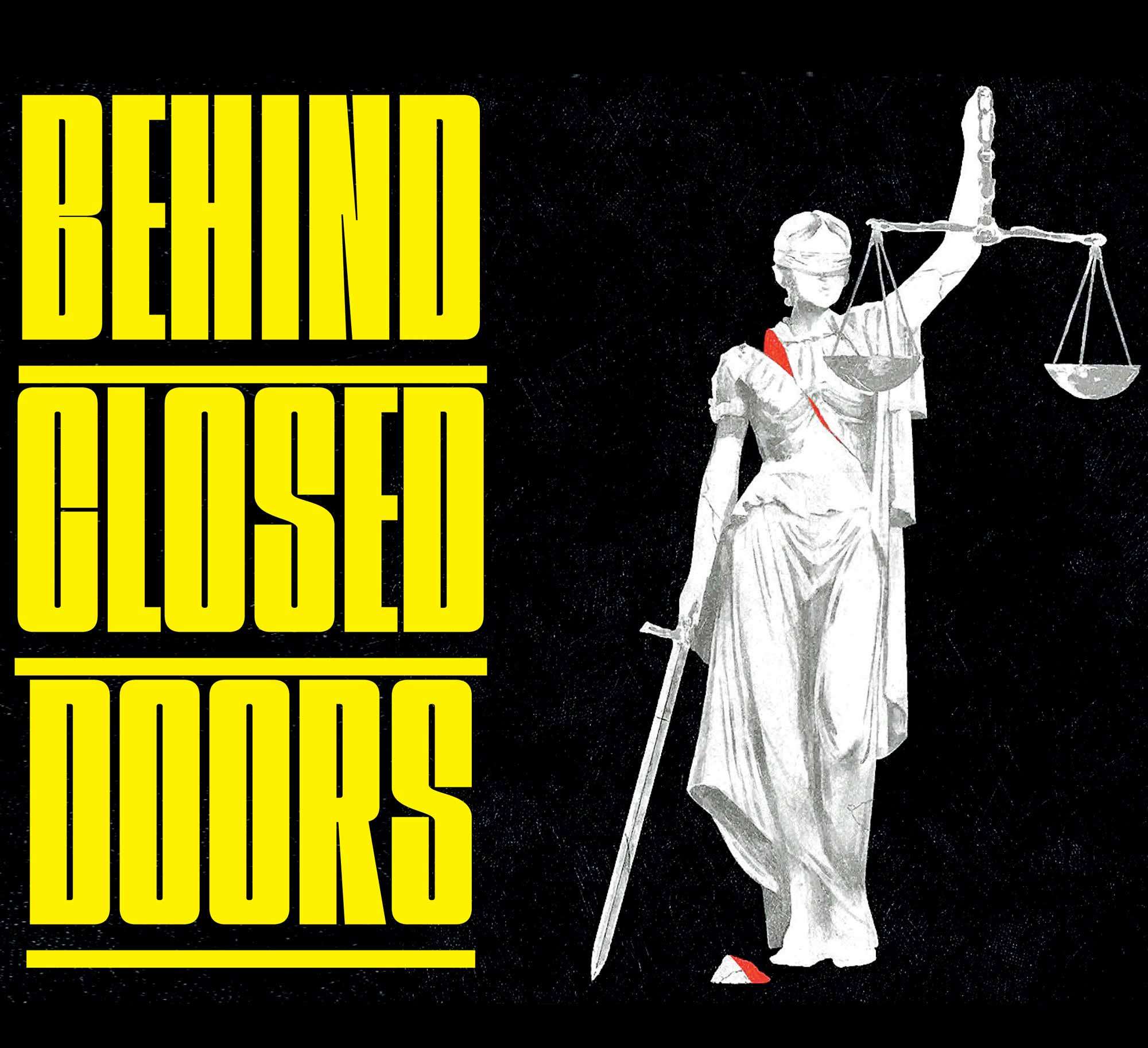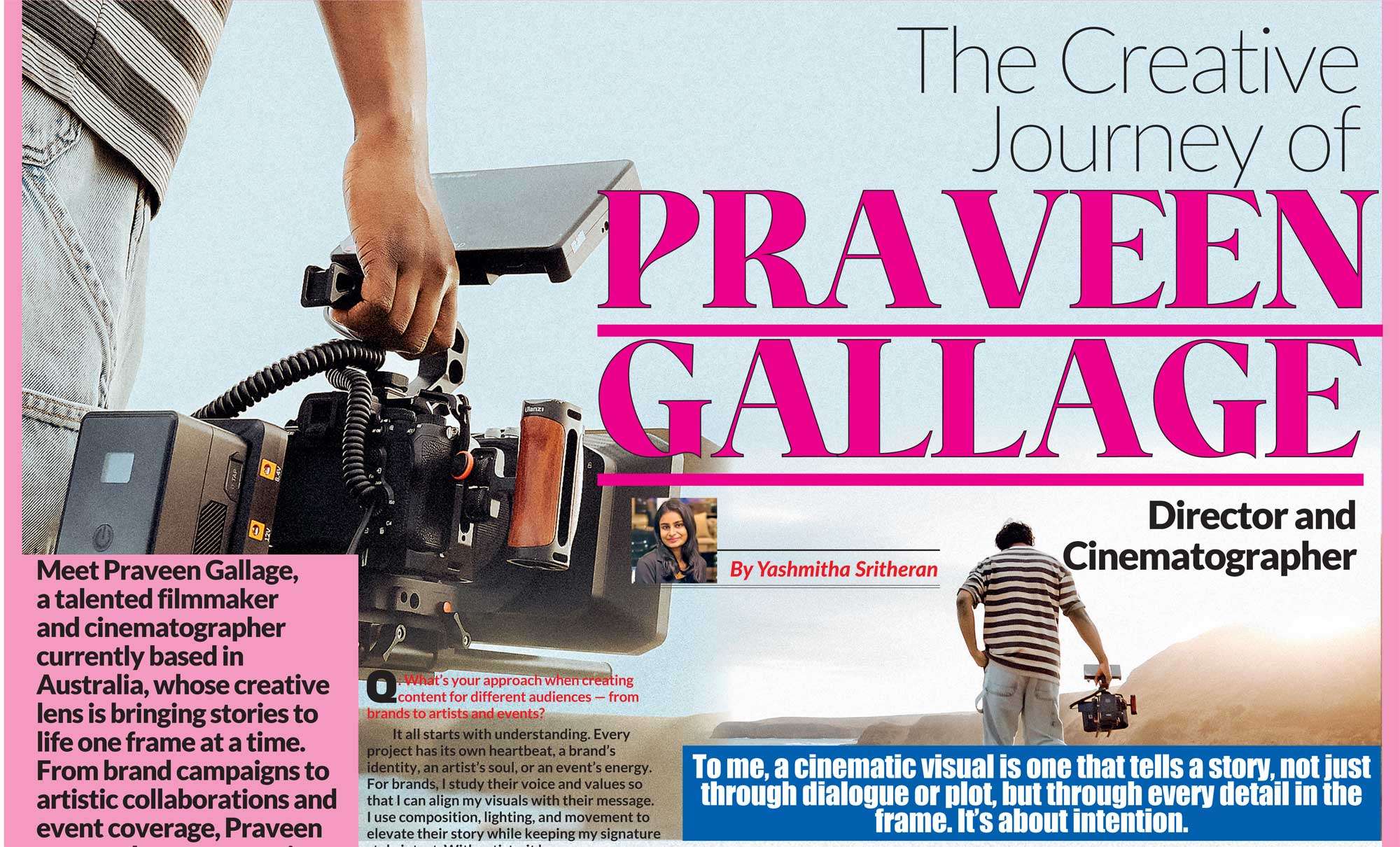
When authorities drag their feet, when investigations go nowhere, when cases are buried under bureaucratic nonsense, that is not just incompetence; that is complicity.
Rape & The Great Victim-Blaming Circus in Sri Lanka
Sri Lanka. A country where a woman can be assaulted at her workplace, and yet, by the time the news reaches the masses, it somehow becomes her fault. If you need a masterclass in deflecting blame from the actual criminal, you don’t need a public relations expert. You just need a Sri Lankan social media comment section.
The recent case of a female doctor being raped inside Anuradhapura Teaching Hospital by a former military officer is not just a crime; it’s a reflection of a system so deeply flawed that the response to such atrocities has become sickeningly predictable. This is what happened: a man walked into a hospital, a place where people go to be healed, and instead, he assaulted a woman who had dedicated her life to saving others. And yet, the first instinct of the public was to dissect her actions, her decisions, and even her character.
The Social Media Experts in Victim-Blaming
In a matter of hours, the case was hijacked by armchair detectives who had more theories than actual empathy. The narrative quickly shifted from what was done to her to what she could have done to prevent it.
“Why was she alone?” they asked. As if a doctor, in a hospital, should have expected to be assaulted while working.
“Are we sure she didn’t consent?” they speculated. Because apparently, when a woman is raped, the benefit of the doubt is always extended to the rapist first.
“This is why women should be careful,” they declared. Ah yes, because women aren’t already living in a constant state of hyper-awareness, navigating life like it’s a battlefield where one wrong step could cost them everything.
It wasn’t just the online trolls, though. Behind closed doors, the conversation wasn’t any better. In workplaces, at dinner tables, and in hushed tones, people nodded knowingly, suggesting that perhaps there was more to the story. Because, in this country, we don’t just blame victims; we investigate them.
The System That Fails Us
While the public was busy dissecting the victim, the system did what it does best; absolutely nothing. Let’s break this down.
A former military officer was able to enter a hospital and commit this crime without immediate intervention. Think about that for a moment. The same Sri Lankan military that boasts about discipline and honor somehow produced yet another man who believed he could act with impunity. And perhaps he had reason to believe that, because history has shown that powerful men in this country do get away with it.
Where was the security? Where was the outrage from the medical community? How does a hospital, a place that should be one of the safest environments for both patients and staff, allow such a horrifying act to occur? And why is it that every time a woman suffers at the hands of a predator, we focus on her choices rather than the institutional failures that enabled the crime?
Let’s talk about those failures. Let’s talk about a legal system where cases drag on for years, where victims are forced to relive their trauma over and over again, only to be met with light sentences or outright acquittals. Let’s talk about the fact that Sri Lanka still does not have a strong legal framework that truly protects women. And let’s talk about the unspoken rule in this country, that if your attacker has the right connections, you will never see justice.
A Legacy of Delayed Justice
Consider the case of Rita, a 17-year-old Tamil girl from Talawakele. In 2001, she was abducted and raped. It took 14 years, nine judges, and countless hearings before her perpetrators were finally convicted in 2015. Fourteen years of waiting for justice, while her attackers lived their lives freely.
Or take the 2009 case of a 10-year-old girl raped by a 63-year-old man in Ratnapura. The verdict? Delivered a decade later in 2019. Ten years of a young girl’s life overshadowed by a legal process that moved at a glacial pace.
These aren’t anomalies. They’re the norm. As of recent reports, Sri Lankan courts are drowning under the weight of over 1.1 million pending cases. Among these, a staggering one-third in Magistrates’ Courts involve child abuse and rape. Justice delayed isn’t just justice denied; it’s a glaring indictment of a system in paralysis.
The Ugly Side of Authority
When news broke of the incident at Anuradhapura Teaching Hospital, the response from officials was as robotic as it was predictable. “We will investigate.” “Justice will be served.” “We take this very seriously.”
Do they? Because from where we’re standing, we’ve heard these exact words before. We heard them when Wasim Thajudeen was killed. We heard them when countless girls from the North went missing. We heard them when police officers assaulted women at protests. And we will hear them again when the next case comes up, because let’s be honest; this isn’t the first, and it won’t be the last.
But let’s be clear: silence is not just a lack of words. It is a conscious choice to protect the powerful at the expense of the powerless. When authorities drag their feet, when investigations go nowhere, when cases are buried under bureaucratic nonsense, that is not just incompetence; that is complicity.

While the public was busy dissecting the victim, the system did what it does best; absolutely nothing
Where Is the Outrage?
For a moment, the streets erupted. Protests were held. Women’s rights activists spoke out. There was a demand for justice. But like every other time, the fire started to fade.
This is the most tragic part of it all. We get angry. We tweet. We march. And then life goes on. Because we know how this story ends. The rapist might get a slap on the wrist. The case will get lost in legal limbo. And the victim? She will carry this for the rest of her life, while the world moves on, unfazed.
Some will argue that justice takes time. But how much time does it take to acknowledge that we have a systemic problem? How much time does it take to admit that we have failed our women?
A Country That Forgets Too Easily
This is not an isolated incident. It is part of a pattern. And until we break that pattern, until we demand more than just hollow promises and delayed justice, nothing will change.
So, to those whispering behind closed doors, debating the victim’s choices, questioning her actions, perhaps it’s time we redirect our scrutiny. Not to the women who suffer, but to the men who harm. Not to the victims who speak out, but to the institutions that silence them. And not to how it happened, but to why we keep letting it happen.
Because if we don’t, this won’t be the last time we tell this story. And the next woman who suffers will not just be a victim of violence; she will be a victim of our apathy.











